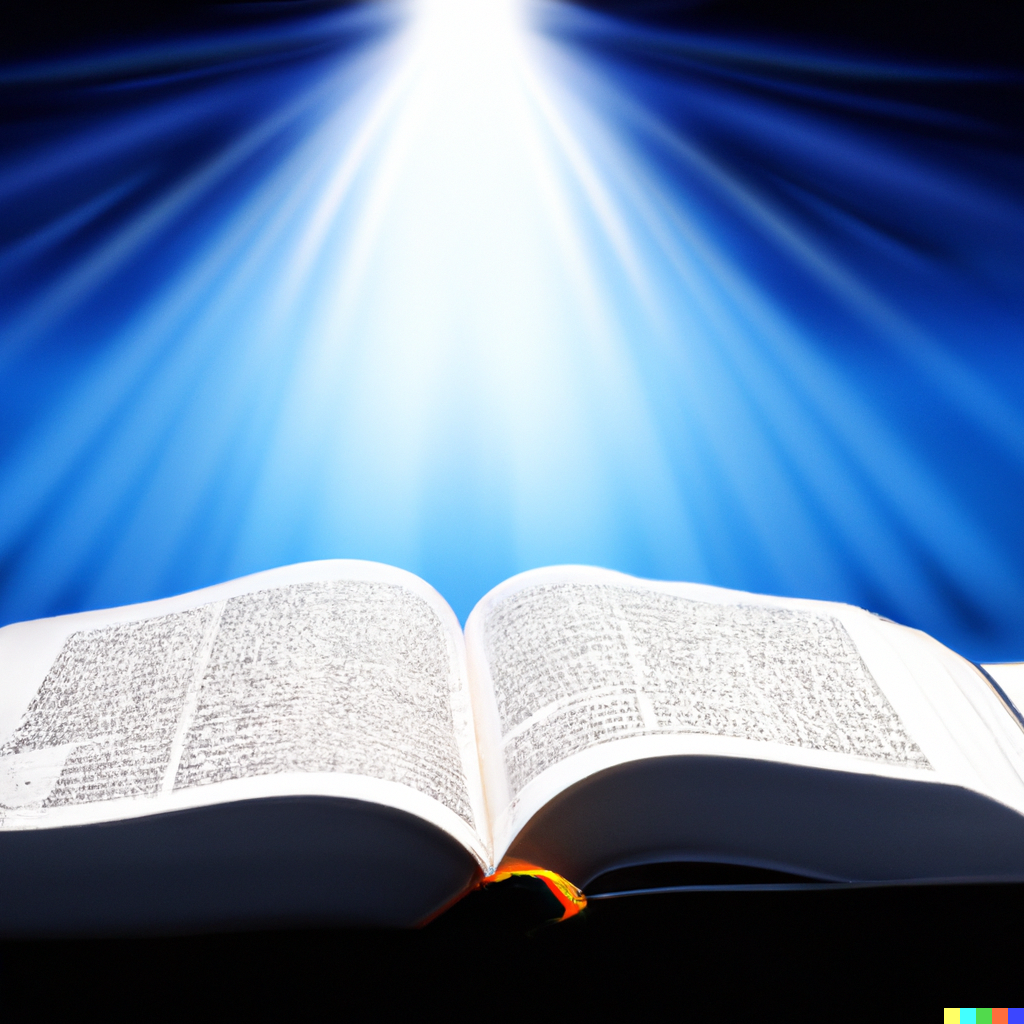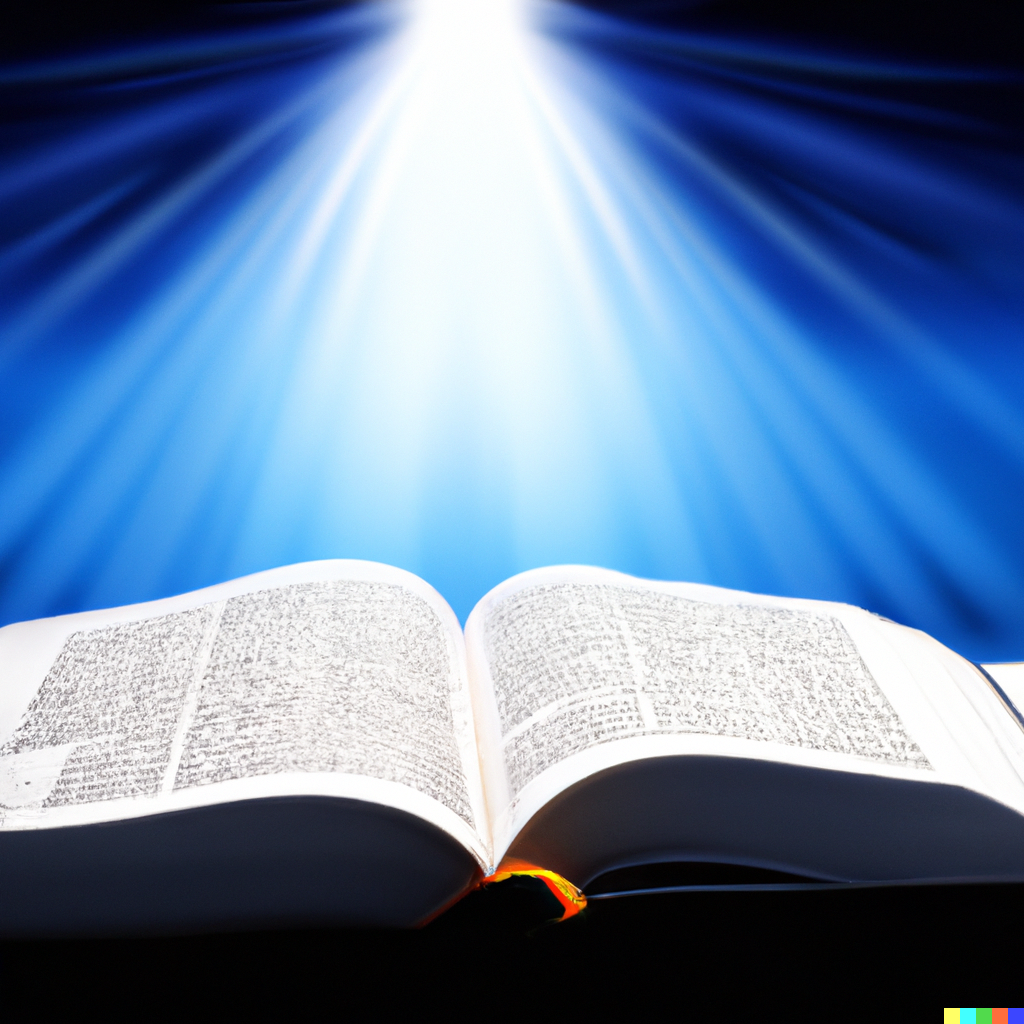
Justinian of
MemberForum Replies Created
-
Do each of us have a guardian angel?
-
Do we become like angels in heaven?
-
Can angels or devils read our secret thoughts?
-
Within Orthodox belief, angels and demons possess a profound understanding of human nature and behavior but do not have the capacity to know our secret thoughts directly. Only God has this omniscient capability. Angels and demons may infer our thoughts and intentions through our actions, behaviors, and perhaps even through spiritual intuition, but the inner sanctum of human thoughts remains solely known to God. When individuals direct their thoughts toward angels or saints in prayer, it is by God’s will and provision that these prayers are understood
-
-
Will our Guardian Angel be reassigned after we die?
-
Orthodox Christianity teaches that guardian angels have a unique and personal relationship with the individuals they protect. This relationship is divinely ordained and, as such, is not seen as being transferable after the individual’s death. Instead, these guardian angels continue to fulfill their roles within the heavenly hierarchy, serving God’s will. After the death of the person they were guarding, the relationship transforms rather than ends, reflecting the eternal nature of God’s creation and providence
-
-
The Orthodox tradition suggests that guardian angels are assigned at various key points in a person’s spiritual journey, possibly from the moment of conception, birth, or baptism. The exact moment is not definitively stated within Orthodox teaching, reflecting a mystery of the divine order. The significant emphasis is on the protective and guiding role that these angels play throughout a person’s life, aligning with the belief in the continual care and love that God extends to each individual through His heavenly messengers
-
Humans do not have authority over angels in the sense of control or command. Angels serve God’s will and work towards the salvation of humanity and the cosmos under God’s direction. However, humans can request the assistance and intercession of angels, particularly their guardian angels, within the bounds of God’s will
-
Orthodox teaching typically speaks of each person having a guardian angel. There isn’t a specific doctrine addressing the possibility of having more than one guardian angel, but it acknowledges the vast and varied ranks of angels serving different roles, indicating a personalized relationship between individuals and the heavenly realm
-
Orthodox tradition holds that guardian angels are attuned to the intentions and needs of those they guard. Prayers do not need to be vocalized for guardian angels to be aware of them; they can understand our requests and thoughts directed to them in prayer, reflecting the deep, spiritual connection between humans and their guardian angels
-
While the Orthodox Church does not specifically address this colloquial usage, understanding the distinct nature of angels and humans is important. Referring to a child as “my little angel” can be seen as an endearing term acknowledging the child’s innocence and purity, qualities often associated with angels, but it’s essential to recognize the theological differences between humans and angels
-
According to Orthodox teaching, humans do not become angels after death. Angels and humans are distinct beings within God’s creation. Humans may become “like angels” in the sense of serving and worshipping God in heaven, but they remain humans with their essence unchanged
-
This question delves into the nuanced understanding of creation. Both angels and humans are created by God and are “very good” in His eyes. The Orthodox Church does not explicitly rank one creation as higher than the other but emphasizes the unique role each plays in the divine plan. Angels serve God and assist in the salvation of the world, while humans are created in the image and likeness of God, called to live in communion with Him
-
Angels are purely spiritual beings without physical bodies or material properties, and therefore, do not possess gender in the way humans understand it. Descriptions of angels appearing in physical forms or with gendered attributes in Scripture are symbolic and not indicative of their true, bodiless nature
-
God created angels, as He did all things, out of His love and goodness. Angels are part of the invisible creation, distinct from the physical, material universe. They are spiritual beings created by God to fulfill His will, serve Him, and participate in His divine providence for the material world. The Orthodox Church holds that everything God creates is “very good,” including the angels, who are meant to share in His divine existence and offer continual adoration and glory to Him

